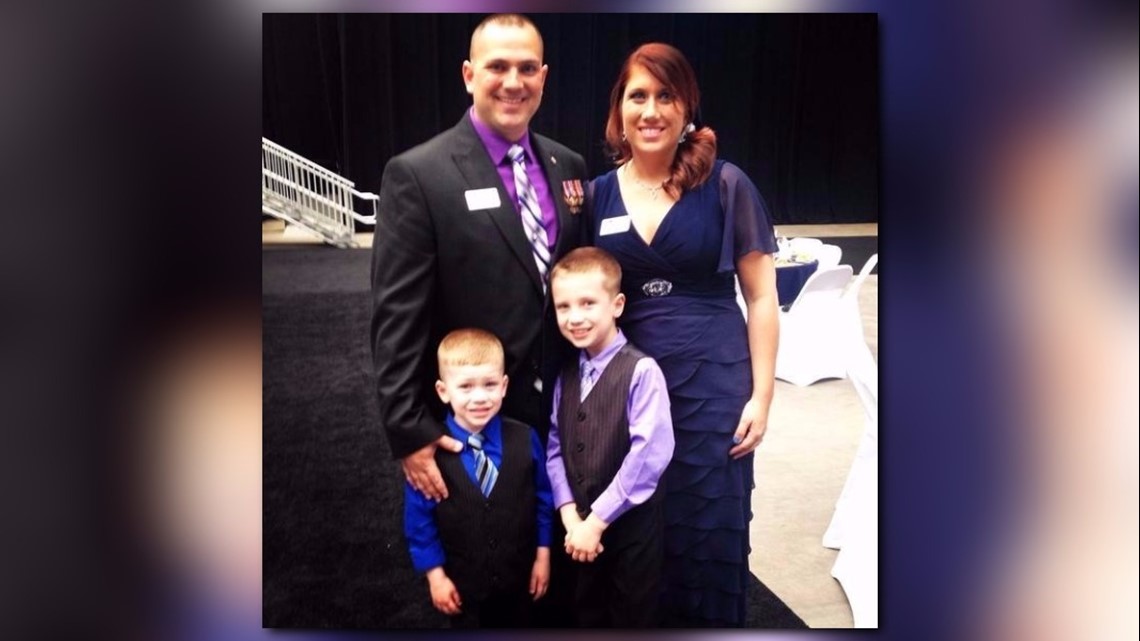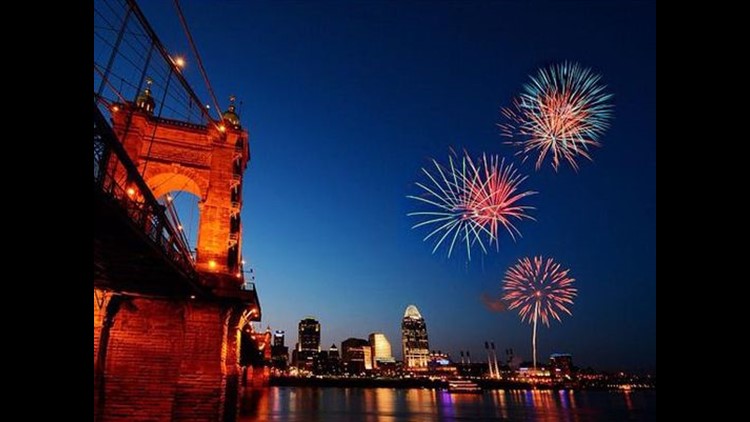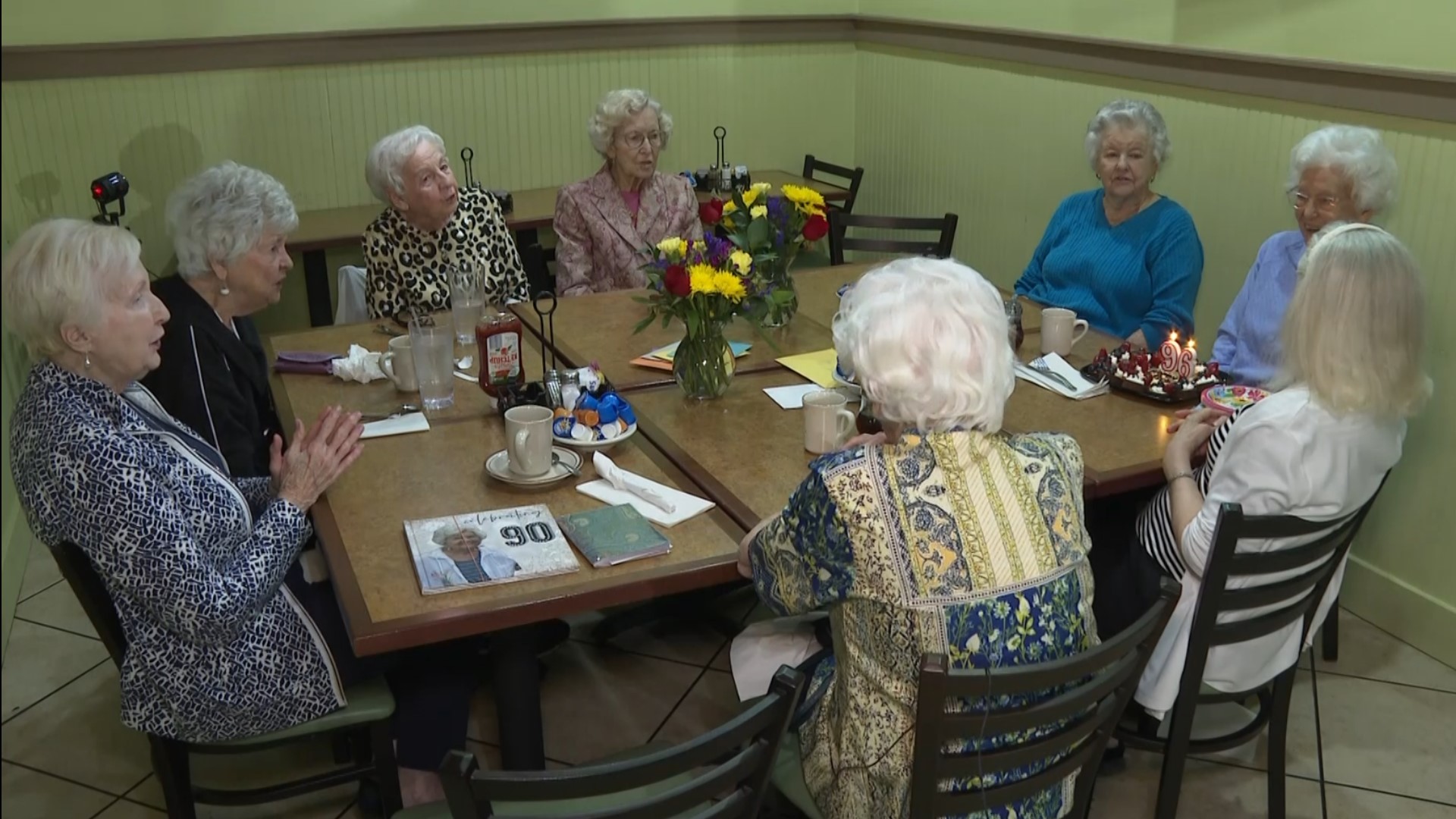CINCINNATI — As a Marine Corps veteran, Sam Deeds loves the Fourth of July, the flags and parades in celebration of the nation's founding. But he dreads the night, when the sounds and flashes of light leave him cowering. And he's not alone.
"It's like I'm getting blown up all over again," said Deeds, 38, of Independence.
Among the indignities his body and mind suffered during his service in Iraq 10 years ago, Deeds endures post-traumatic stress disorder. Even when he's prepared for fireworks, as when his wife April posts a message of concern on their community Web page, the night display turns Independence Day into an ordeal.
"If I know it's going to happen, I'm fine," he said. "But then there are those times when all of a sudden, a firework goes off. Boom! And I think, 'Ugh, I'm not sleeping tonight.' "


Deeds said veterans can reach out to neighbors and let them know about the danger that fireworks can post to a PTSD sufferer. The organization Military With PTSD offers veterans free yard signs that say, "Combat Veteran Lives Here. Please Be Courteous with Fireworks."
Dr. Kathleen Chard, director of the Cincinnati VA Trauma Recovery Center and associate chief of staff for research, said veterans can prepare themselves.
"One of the best things veterans can do is to tell themselves to expect loud noises at any time. It may also be helpful to plan errands for earlier in the day when fewer people are likely to be out setting off fireworks," she said. "If the veteran is very unsettled by fireworks, it might be a good idea to mention it to some of their neighbors, so they can plan to set off their fireworks at a set time or at someone else's house."
The Department of Veterans Affairs estimates that between 11% and 20% of veterans who have served in Iraq or Afghanistan deal with PTSD. The VA says as many as 30% of Vietnam War veterans have PTSD in their lifetimes.
PTSD can become severe when the sufferer endures a triggering event – and Deeds said the noisy, whistling, bright fireworks displays of the Fourth of July can be difficult for veterans with PTSD.
"When there's fireworks, I could be in my wife's closet, watching DVDs with headphones, not hearing anything that's going on, but my body is reacting, feeling the concussion of the blasts," he said. "The most patriotic day of the year is one of the worst days of the year for me."



